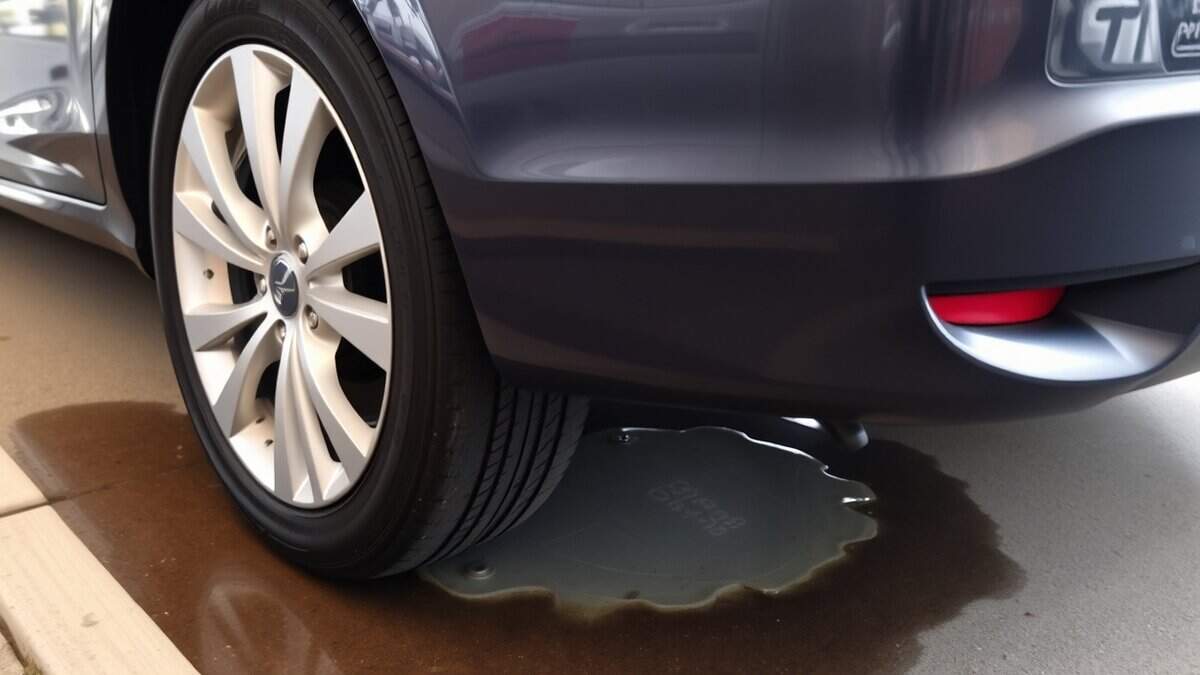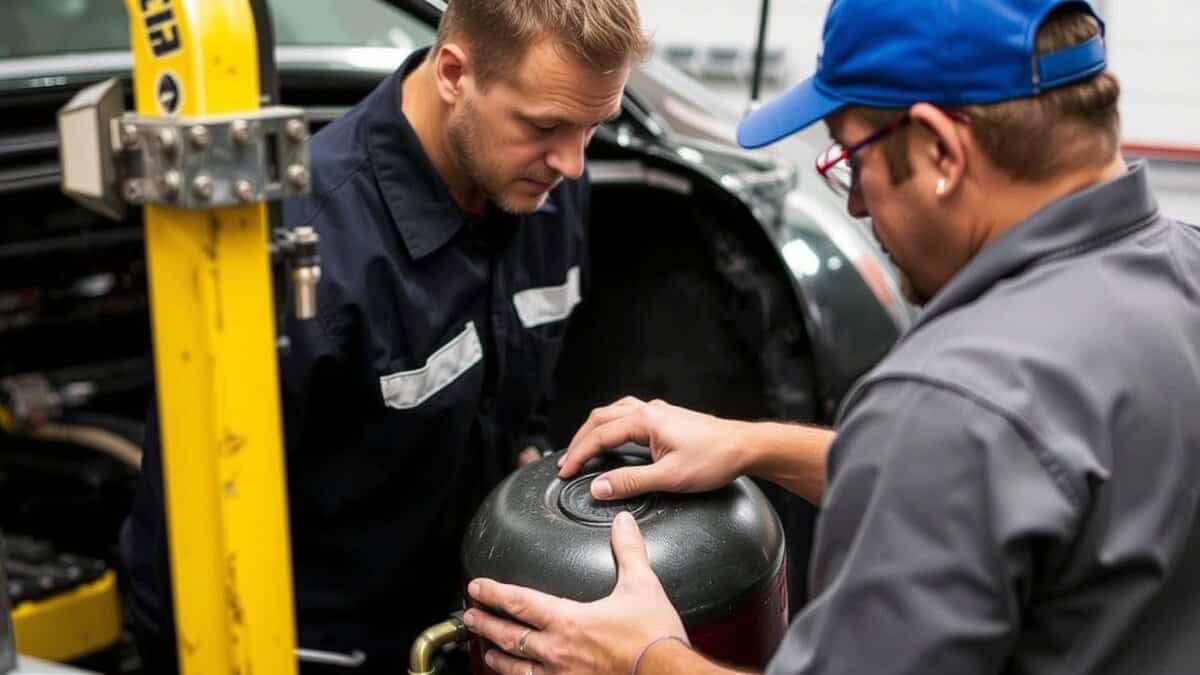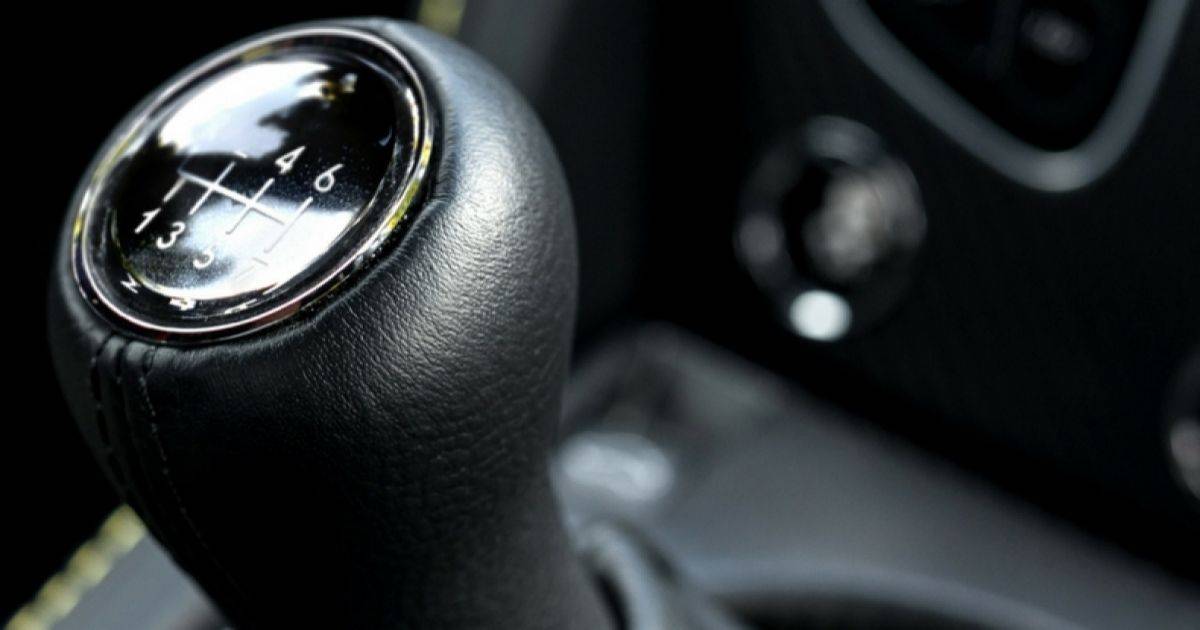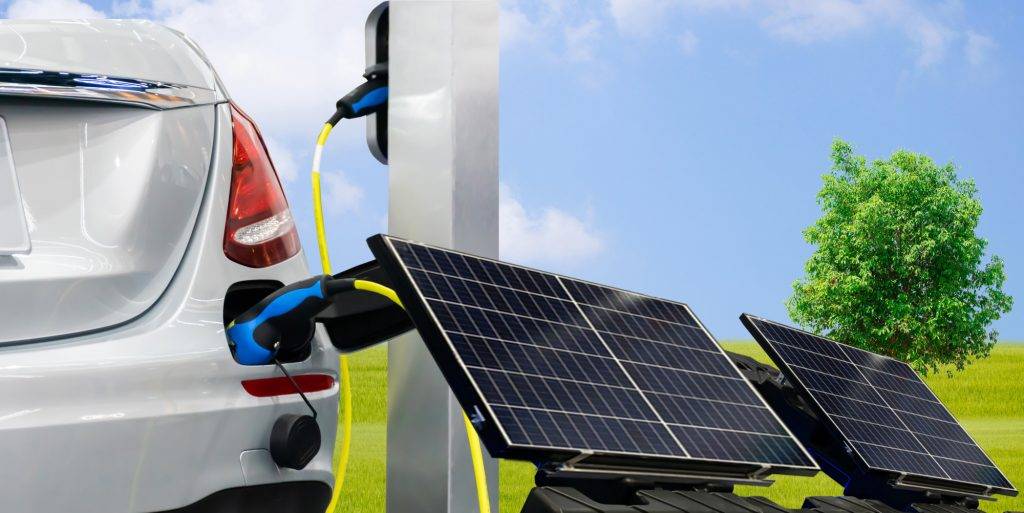Smelling gas inside your car can be concerning, as it may mean there is a gas leak. Understanding the underlying reasons behind the gas smell is crucial for your safety and the health of your vehicle. This article explores common causes of gasoline odors and provides effective solutions to ensure you can drive confidently and worry-free.
Understanding the Car Smell Like Gas
When you detect a gas smell, it’s essential to take it seriously. Strong gasoline fumes may signal a fuel leak or other issues in the fuel system. Gasoline is very flammable, so if you smell gas near your car, check for the source before starting the engine. While some reasons behind this odor are fairly innocuous, others can pose serious dangers.
What Does a Gas Smell Indicate?
A gas smell can signal different problems, from minor issues like a clogged line to serious ones like a damaged catalytic converter. It might stem from a loose gas cap that hasn’t sealed properly, allowing fuel vapors to escape into the atmosphere. Alternatively, a damaged fuel line or a malfunctioning fuel injector might be responsible for the gas fumes. The smell of gasoline can indicate a rich fuel mixture, meaning too much fuel is being injected into the engine, which results in higher emissions. Understanding the reasons for the smell is crucial for identifying the correct solution.
How to Identify a Gasoline Smell
If you’ve recently filled your tank, the smell might simply be residual gasoline on your hands, clothing, or shoes. Fuel may have spilled on the side of the car or pooled underneath it, forming a noticeable puddle. Look for rainbow-tinted fluid stains on the ground, as these often indicate a fuel leak. If the smell continues, check if it’s coming from inside your car or an outside source.

Safety Precautions When Noticing a Gas Smell
If you smell gasoline with the engine on, turn it off right away to avoid any risks from the gas in a car. A running engine generates significant heat in the exhaust system, which can ignite gas fumes and lead to a fire. Park your vehicle in a well-ventilated area and do not start the engine until you find and fix the gas smell. If you can’t find the problem, consider calling a technician or towing your vehicle to a shop for a professional inspection.
Common Reasons Why Your Car Smells Like Gas
Fuel Leaks: Identifying the Source
One of the most concerning reasons why your car might smell like gas is the presence of a fuel leak. Such a seep can occur in the engine compartment, where the risk escalates significantly. If gasoline leaks near the exhaust system, it poses an extreme fire hazard, as the fuel fumes could easily ignite. It’s crucial to identify and address any fuel leak immediately to prevent potential disasters. Regular visual inspections can help you catch these issues early, ensuring both your safety and the longevity of your vehicle.
Issues with the Fuel System
Fuel system problems are another prevalent cause of the gasoline odor in your car. Over time, fuel lines and hoses can leak because of wear, corrosion, or damage. These seeps are very dangerous because they can release gasoline vapors into the air or inside your car. To reduce risks, have a technician periodically check your fuel system to ensure all parts are working properly and there are no hidden leaks causing the gasoline smell.
Evaporative Emissions Control System (EVAP) Problems
Another potential source of the gas smell is a malfunction in the evaporative emissions control system (EVAP). This system is designed to route gas fumes from the fuel tank to the engine for combustion. If there’s a leak in this system, you might smell gas inside your car, and it could even trigger the check-engine light on your dashboard. Identifying issues within the EVAP system is crucial for both environmental reasons and your vehicle’s performance. Regular checks can help spot a faulty charcoal canister or other issues before they become serious problems.
Diagnosing the Problem: Steps to Take

Visual Inspection for Fuel Leaks
To effectively diagnose a gasoline odor, begin with a thorough visual inspection underneath your car. Look for any signs of drips or puddles that may indicate a leak, which could be behind the gas smell you are experiencing. A clear liquid or rainbow-tinted stain on the ground is often a telltale sign of gasoline. If you notice these signs, it’s critical to address the issue promptly. Regular inspections can help detect leaks early, preventing complications and ensuring your car’s safety from gas odors.
Checking Fuel Lines and Connections
After the engine has cooled, check the fuel lines and connections for any leaks that might cause a smell inside the vehicle. Ensure the oil-fill cap is securely in place; a missing cap can cause fuel to mix with oil and produce fumes inside the car. Inspecting these components is crucial for detecting leaks or faults that may cause a gasoline smell, particularly if the canister is damaged. If you suspect a problem but can’t find it, consider getting a technician to help with a detailed diagnosis.
Using Diagnostic Tools to Detect Issues
In some cases, the underlying problem might stem from a damaged charcoal canister within the EVAP system. This component absorbs fuel vapors before they enter the engine. If it’s clogged or damaged, it can cause a strong gas smell. If it is compromised, gasoline fumes can escape into the cabin, creating a strong odor. Using diagnostic tools helps quickly identify and resolve issues, ensuring a safe and enjoyable driving experience. Regular maintenance checks are essential to ensure all systems are functioning correctly and to minimize the risk of gas smells.
Solutions and Repairs for Gas Smells
How to Fix a Fuel Leak
If you notice fuel pooling under your vehicle, it may mean you have a leak, especially if it’s near the engine or exhaust. If you smell gas, turn off your vehicle right away and call a tow truck to take it to a mechanic for inspection. A technician will identify the source of the fuel leak, likely caused by improperly sealed components, and recommend repairs to eliminate gasoline odors and ensure your vehicle operates safely. Ignoring a fuel seep can lead to dangerous situations, including fire hazards, so prompt action is essential.
When to Consult a Mechanic
If you think there’s a problem with your EVAP system, don’t drive your vehicle, as it could be unsafe. If you smell gas and are concerned, have your vehicle towed to a mechanic for inspection. A professional will use diagnostic tools to assess your fuel system, including the fuel pressure regulator and charcoal canister. If the technician finds a faulty part, they can replace it to eliminate the gas smell and restore the system’s functionality, ensuring the catalytic converter works correctly. Addressing these issues promptly can save you from costly repairs in the future and enhance your vehicle’s performance.
Preventative Measures to Avoid Future Gas Smells
Even new vehicles need proper car maintenance to prevent most of the causes mentioned. Servicing your vehicle every 12,000 miles ensures you catch car problems before they become expensive repairs. Regular inspections of your fuel lines, gas cap, and emissions system can help prevent issues that lead to gasoline smells. Monitoring your fuel gauge can help you spot issues, like a rich fuel mixture, which may signal a deeper problem. Implementing these preventative measures will not only enhance your safety but also extend the lifespan of your vehicle.
Staying Safe and Addressing Gas Smells

Final Thoughts on Car Smell Like Gas
Fuel leaks should never be ignored since they pose a massive safety risk. Fuel that sprays onto your engine or exhaust system can ignite and start a dangerous car fire. It is crucial to promptly address any gas odor. A detailed inspection can reveal the root cause of the problem, such as a loose gas cap, a damaged fuel line, or another fuel system issue. Staying vigilant ensures you can drive safely, without the worry of harmful gas fumes creating hazardous conditions.
The Importance of Regular Vehicle Maintenance
If you smell gasoline while driving, take your vehicle in for service right away. Regular maintenance can identify issues, such as faulty fuel injectors or EVAP system leaks, before they become serious. Maintaining your vehicle helps ensure better performance and reduces the risk of a gas smell, which can indicate a safety issue.

When to Seek Professional Help
If you smell gas, act quickly because it can be dangerous and may cause fires. It’s advisable to have a qualified mechanic inspect your vehicle to diagnose and fix the issue. Professional help is essential for checking the fuel tank, exhaust system, and evaporative emission controls to keep your vehicle safe and odor-free.
Read more:








